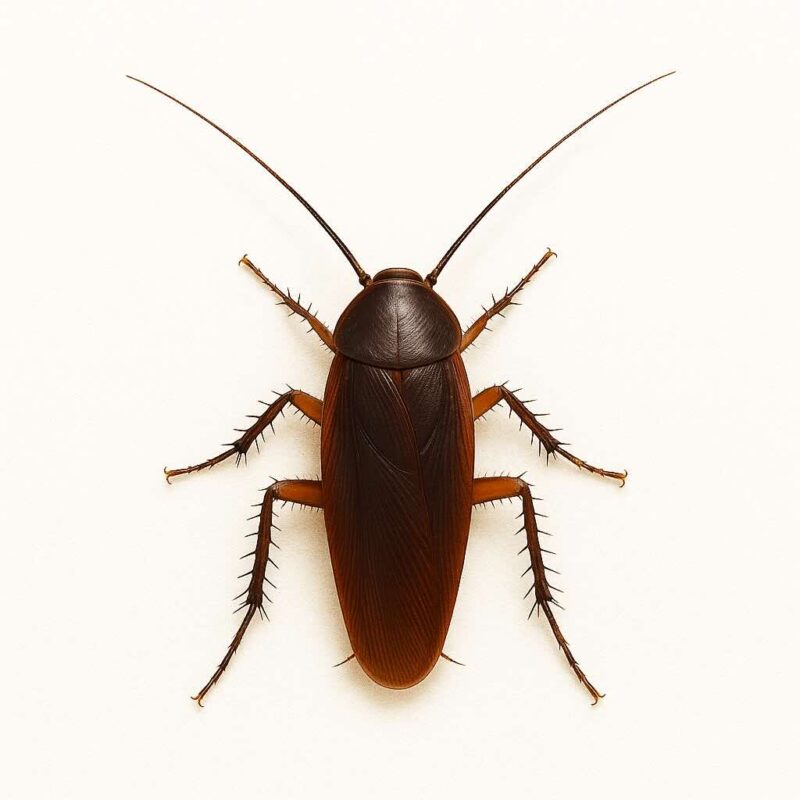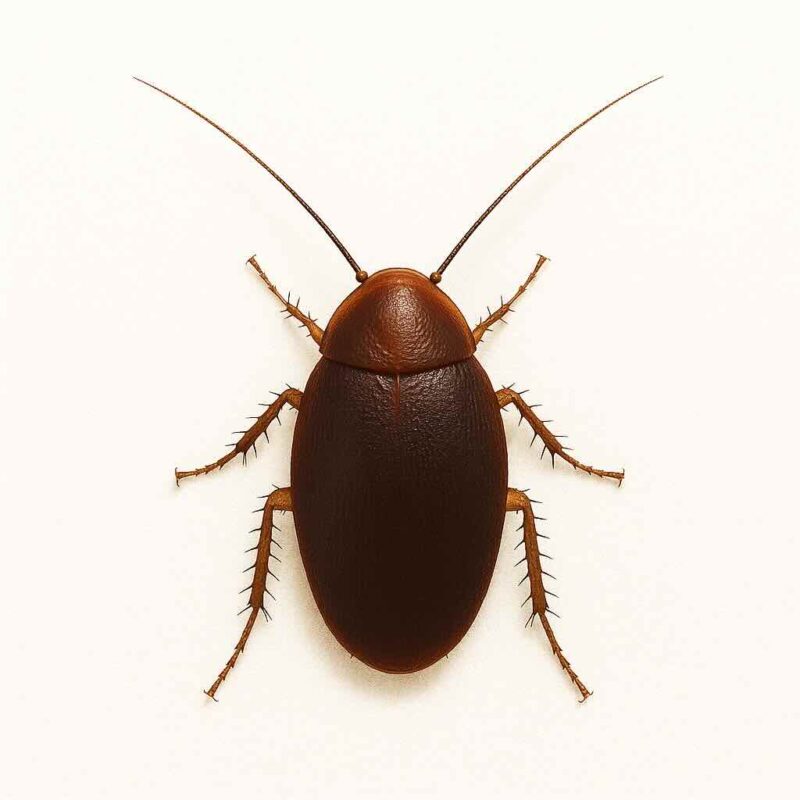Florida’s warm, humid climate might be perfect for sunny beach days and backyard barbecues—but unfortunately, it’s also the perfect breeding ground for cockroaches. These unwelcome pests thrive across the state, invading homes in search of food, water, and shelter.
In this guide, we’ll walk you through how to identify Florida’s most common cockroaches, understand what draws them in, and—most importantly—how to keep them out for good.




